HOME > Basketball
Jokic is only 10th! US media rated the strongest non-MVP season: James was twice selected as one player to occupy the top four
7:09am, 24 May 2025【Basketball】
Jokic ranked only 10th! When the 24-25 MVP was announced and Alexander beat Jokic to be elected, the US media "hoopshype" selected the strongest non-MVP season performance in NBA history, with James being selected twice, and one person taking the top four on the list.

James (the overall ranking is in brackets): 05-06 season (15) and 17-18 season (7)
James has won MVP four times, but in his long career, James has maintained the MVP level for a long time, among which the 17-18 season is the most regrettable.
In both the regular season and the playoffs that season, James performed the ultimate personal performance, breaking the outside world's doubts about his lack of ability at critical moments.
Helplessly, the MVP of that season was the peak Harden, who led the Rockets to 65 wins and handed over exaggerated personal data, and was the best in the season in terms of BPM and victory contribution values.
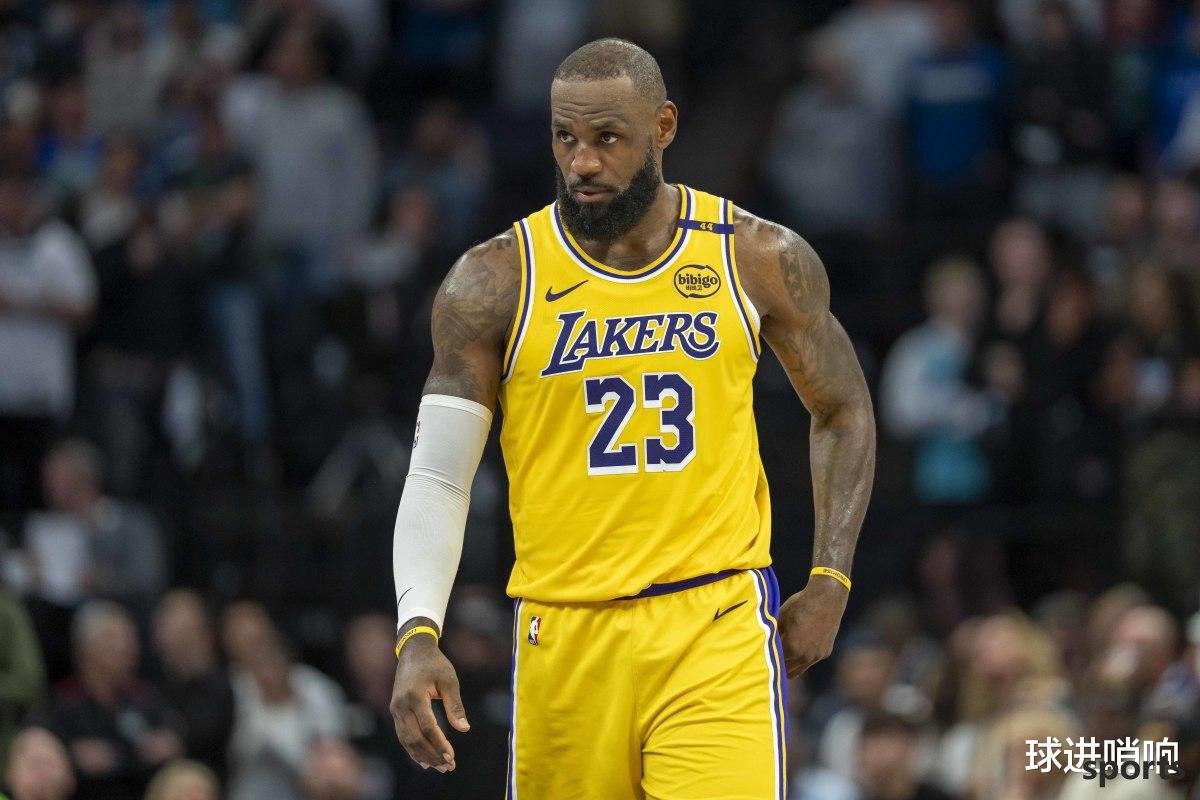
Jordan: 96-97 (14), 86-87 (9), 88-89 (6), 89-90 (5)
As the "God of Basketball", Jordan won the MVP five times and ranked second in history, and ranked second in the MVP three times. But the most regrettable time was in the 89-90 season. Jordan ranked third in the MVP of the season, with Magic and Barkley in front of him.
Jordan played 82 games that season, averaged 33.6 points per game to win the scoring champion. At the same time, he averaged 2.8 steals per game and also led the entire league. He was excellent in offense and defense, leading the Bulls to win 55 wins, but he still lost to the Magic.
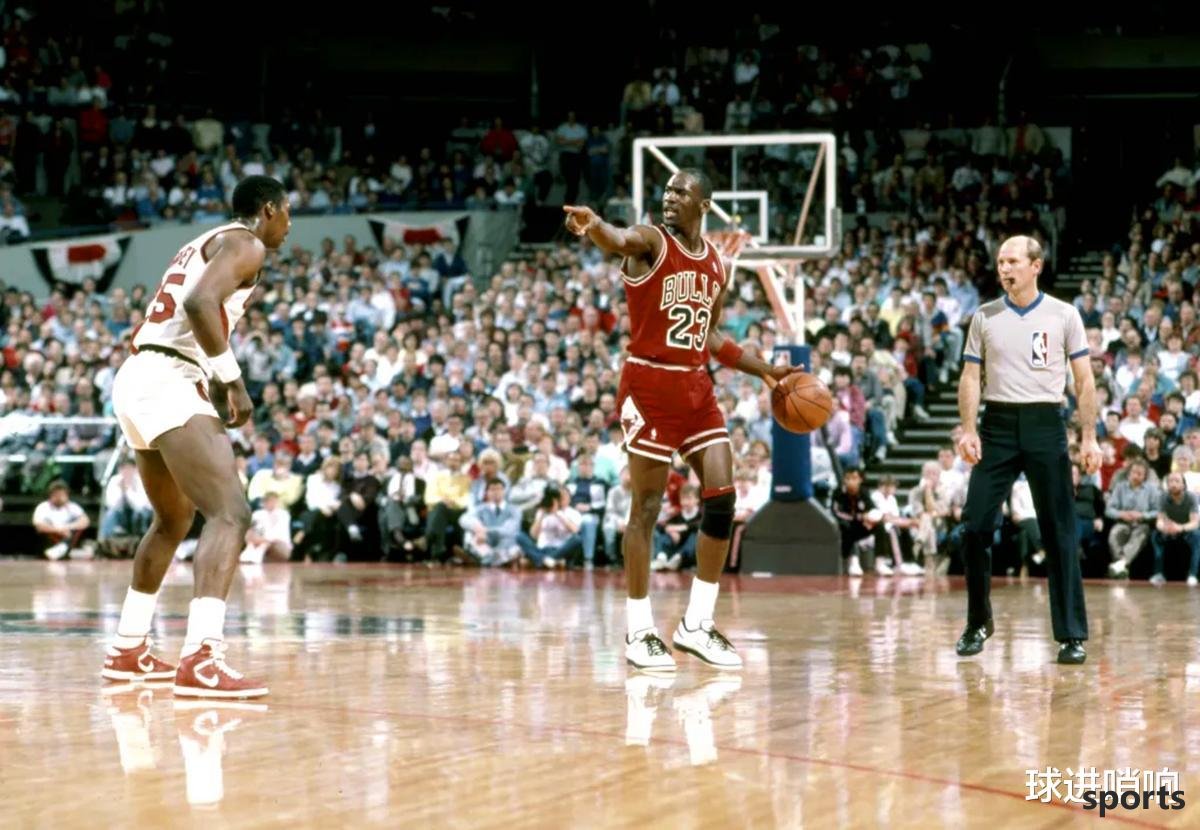
O'Neal: 00-01 (13)
00-01 The season was O'Neal in his peak period. He averaged an exaggerated 28.7 points, 12.7 rebounds, 3.7 assists and 2.8 blocks per game, with a shooting percentage of up to 57.2%.
As a result, O'Neal was defeated by Iverson and Duncan in the MVP selection that year, only ranked third. The reason for this is mainly because the Lakers only won 56 wins that season, which was obviously not outstanding enough for the Lakers who won three consecutive championships at that time.
But after entering the playoffs, the angry O'Neal quickly tore Duncan and Iverson apart. He first swept Duncan in the Western Conference Finals, and then eliminated Iverson 4-1 in the finals. Considering that O'Neal won the championship and won the FMVP three times, he only won one MVP. It can also make people clearly realize that MVP is just a regular season award and cannot represent a player's performance throughout the season. After all, the playoffs are the real stage for superstars.
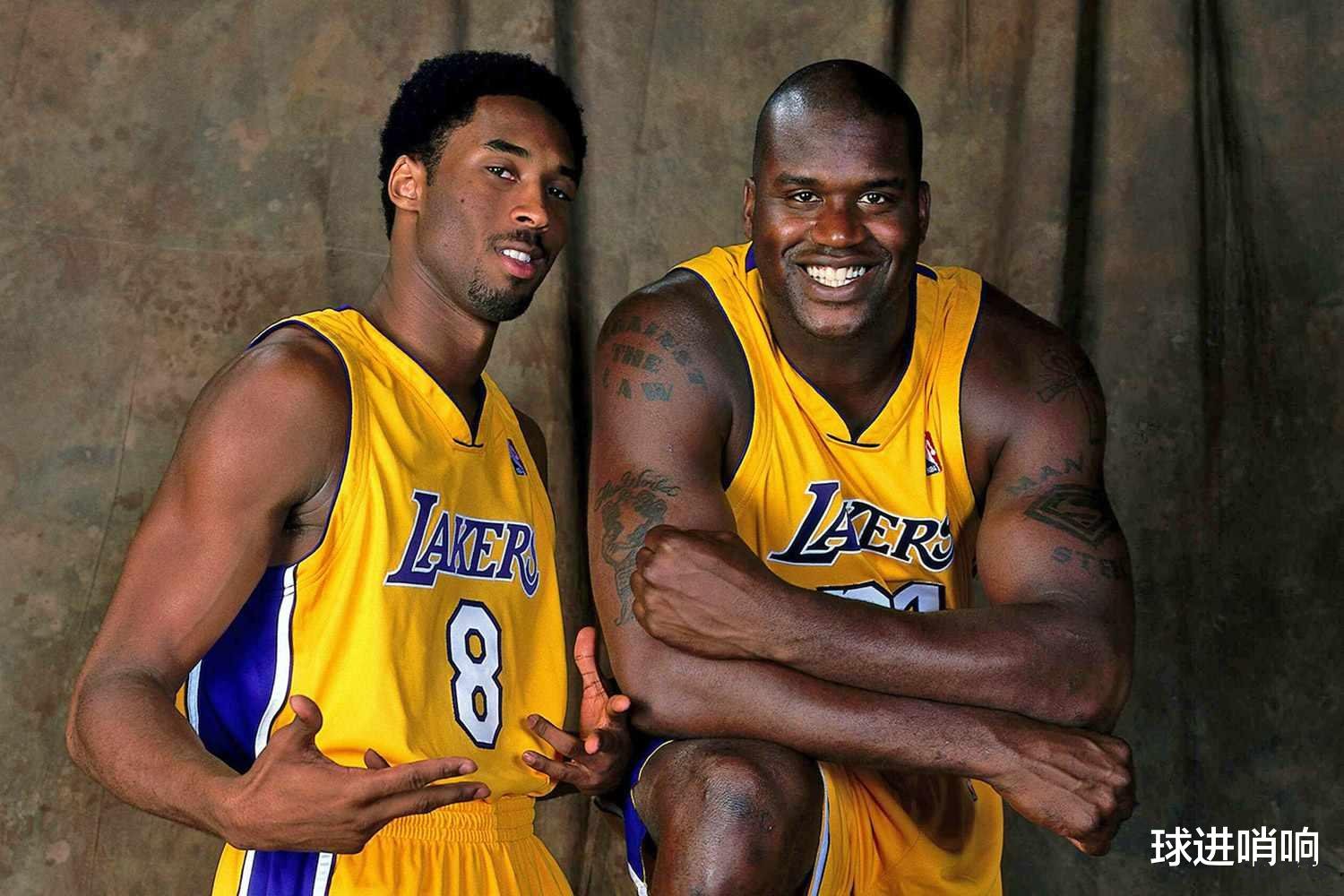
Jabbar: 69-70 (12), 72-73 (8)
Jabbar has the six most MVPs in NBA history, but he still lost some MVPs because of "aesthetic fatigue", a problem that everyone cannot avoid.
This is the default unspoken rule in the MVP selection. Whenever you win one more MVP, the threshold and difficulty of winning the next MVP will be greatly increased.
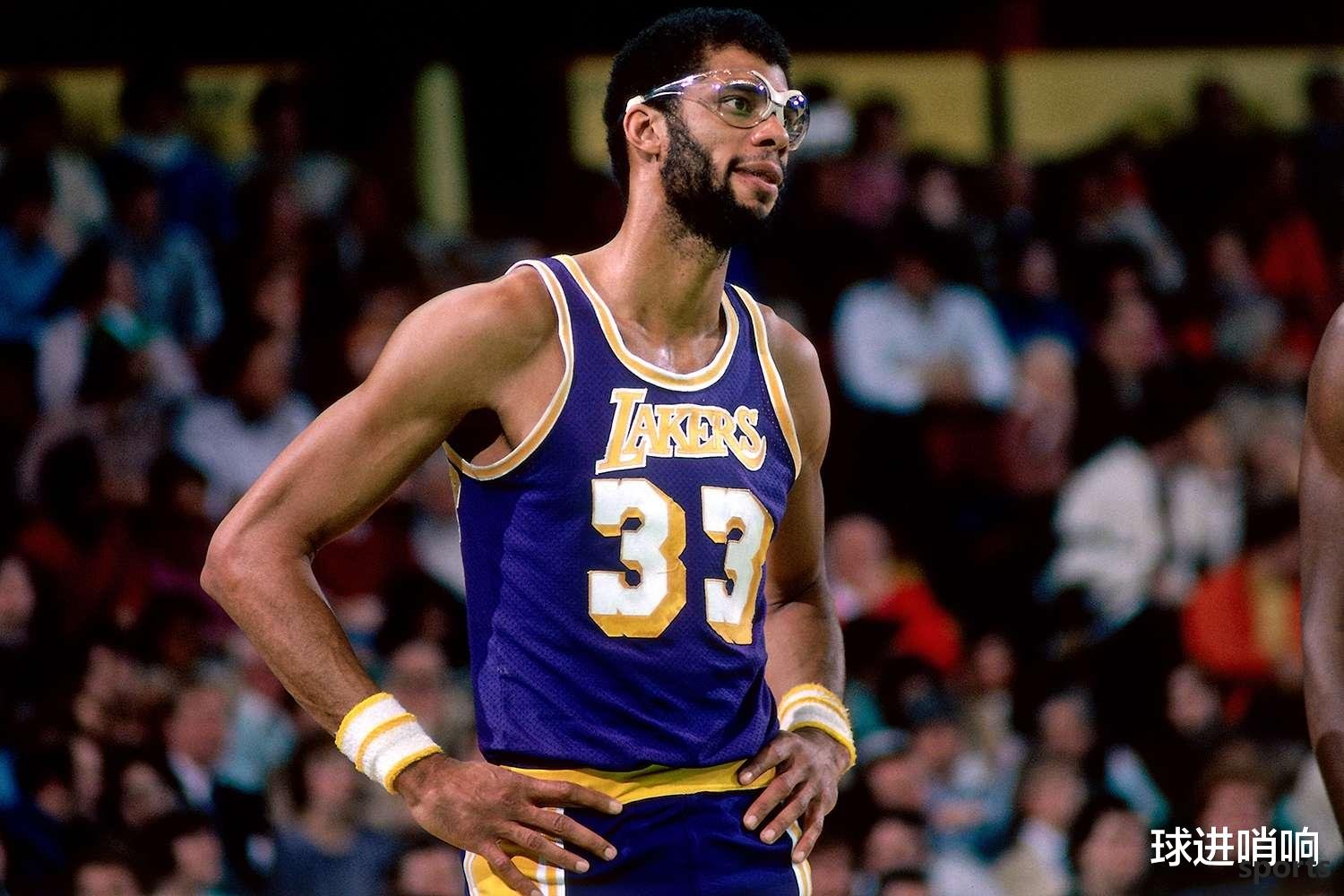
Jokic: The same is true for Jokic. This season, Jokic played exaggerated personal data performance, becoming the third player in history to complete a triple-double average after Westbrook and Big O. It is also the first player in NBA history to average 29+12+10 average. The reason why
was ultimately defeated is on the one hand because of the poor record, and on the other hand, it is aesthetic fatigue, as is the case in the 22-23 season.
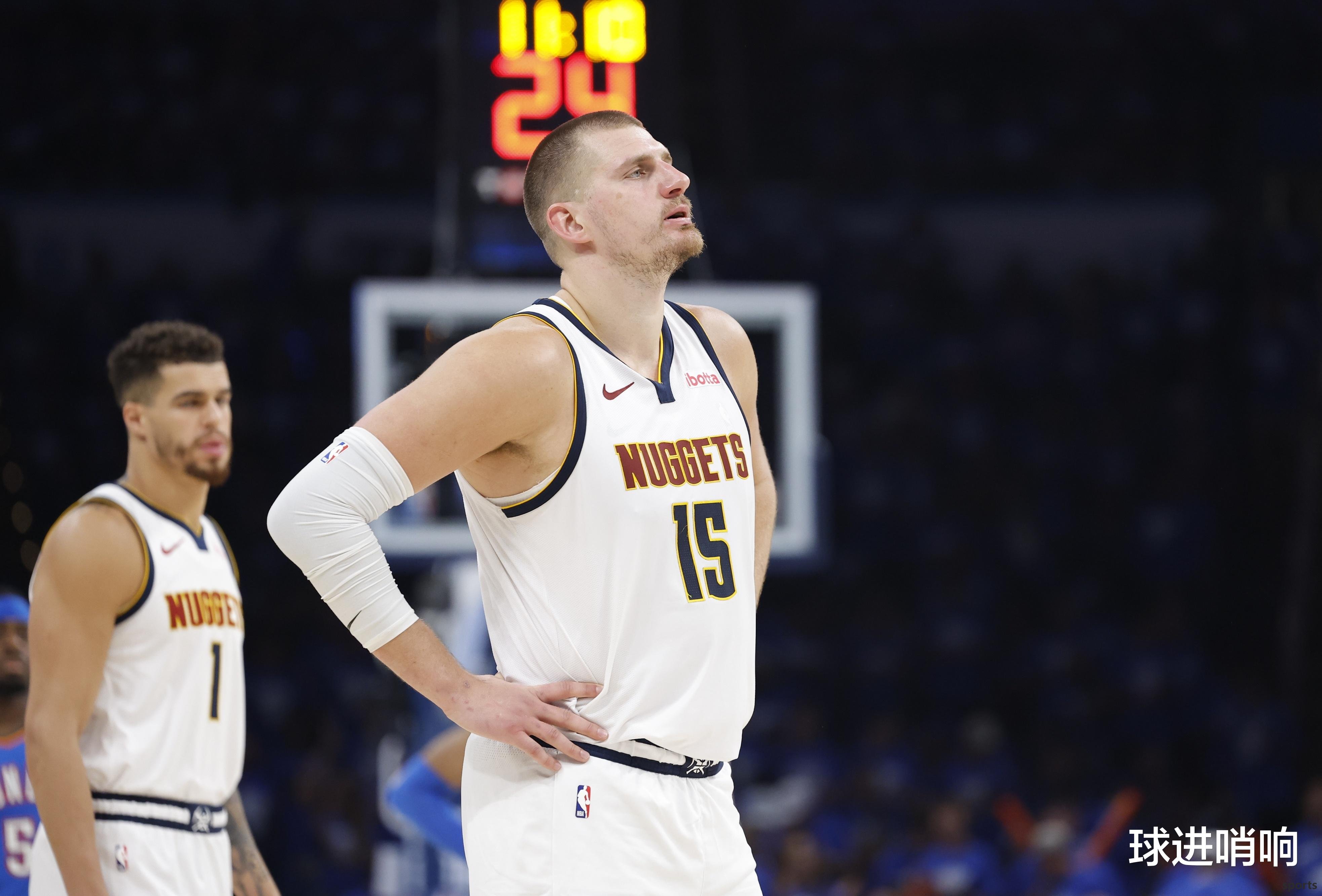
Chamberlain: 60-61 (4), 62-63 (3), 63-64 (2) and 61-62 (1)
Chamberlain is the real "king of data". Compared with the "100 points" in a single game, Chamberlain gave out more exaggerated data performance in the 61-62 season, but he still lost the MVP.
Chamberlain averaged 50.4 points and 25.7 rebounds that season, but he still lost to his old rival Bill Russell, who was the real winner and did not care about personal data at all and always put team victory first.
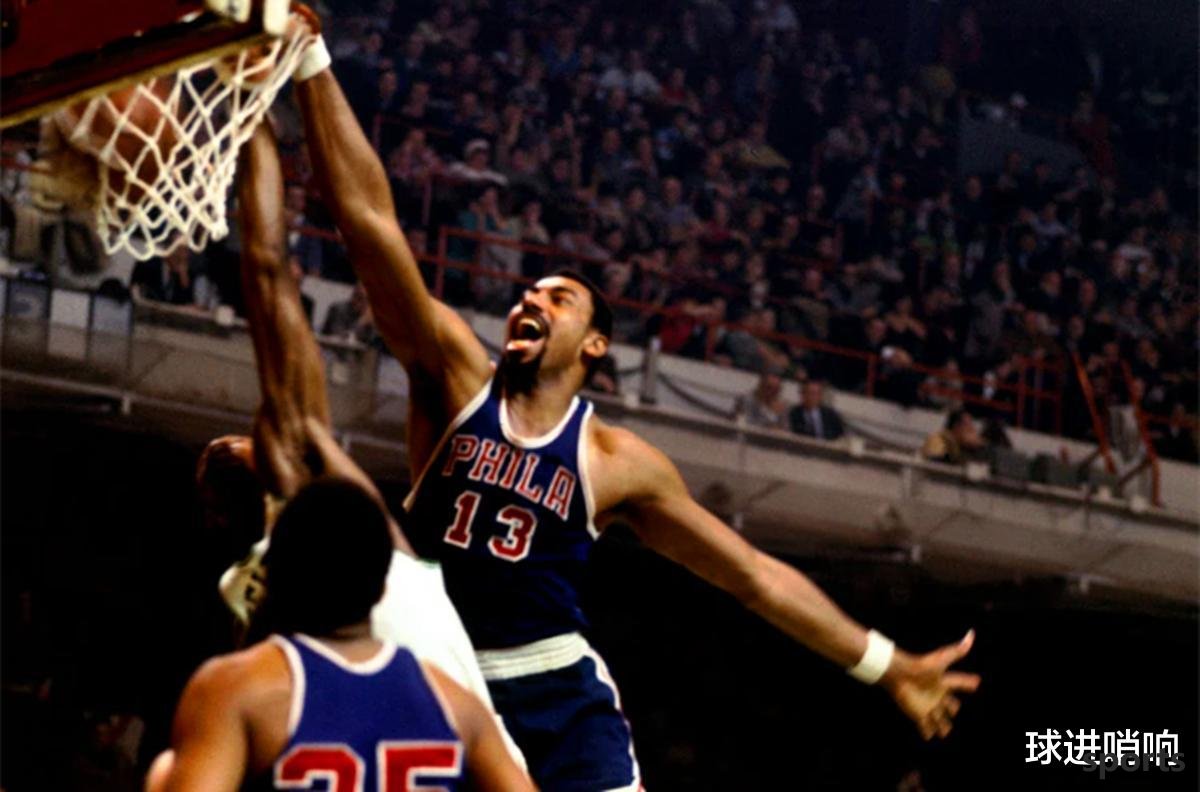
Related Posts
- Curry made the wrong choice as a substitute? Hardaway Jr. has diverse offense and is more suitable for the Warriors than Hield.
- 9 people performed well, the two heroes of 2009 "fighted with gods", who was the best player on the 15th?
- Wenban Yama s latest figure! Crazy transformation!
- A flash in the pan! The regret of the first generation of white horse spear!
- European Cup sad and happy night: Four teams qualify for three consecutive victories, and Doncic still finds a victory for 39+9
- Lakers news: James creates another miracle, Doncic polishes his weaknesses, American News suggests Sohawikins
- Very dissatisfied with the progress of the negotiations. The 76ers star in the backcourt may choose to sign a qualification offer?
- Analysis of Yang Hansen s second game performance in the summer league: Pros and cons are revealed
- Harden s 81.5 million details in two years: Keep the full middle class for the Clippers and no maximum salary after leaving the Rockets
- The top 50 players in the NBA s lowest winning rate are & No. 4 pick is shortlisted, the regicide is listed, and the number one declining god is only 20%
Hot Posts
- Curry made the wrong choice as a substitute? Hardaway Jr. has diverse offense and is more suitable for the Warriors than Hield.
- 9 people performed well, the two heroes of 2009 "fighted with gods", who was the best player on the 15th?
- Wenban Yama s latest figure! Crazy transformation!
- A flash in the pan! The regret of the first generation of white horse spear!
Recommend
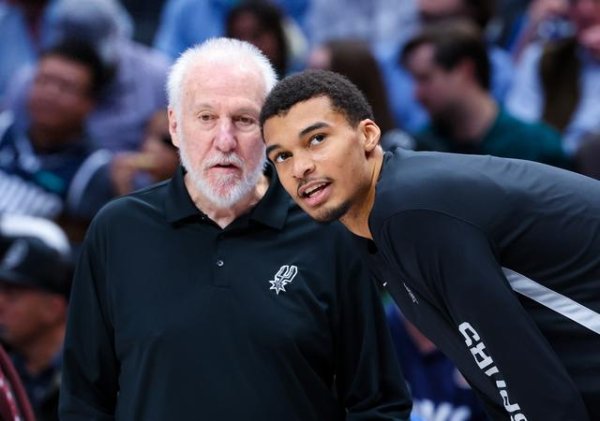
Wenban talks about Popovich: He works harder than most players and always keeps motivating us

Ayton is the third player in Lakers history to have at least 20 points and 10 rebounds in consecutive games with a true shooting percentage of 70%+.

Doncic ranks first in history, James comeback is framed, the abilities of four people have increased, and Smart is not covering up
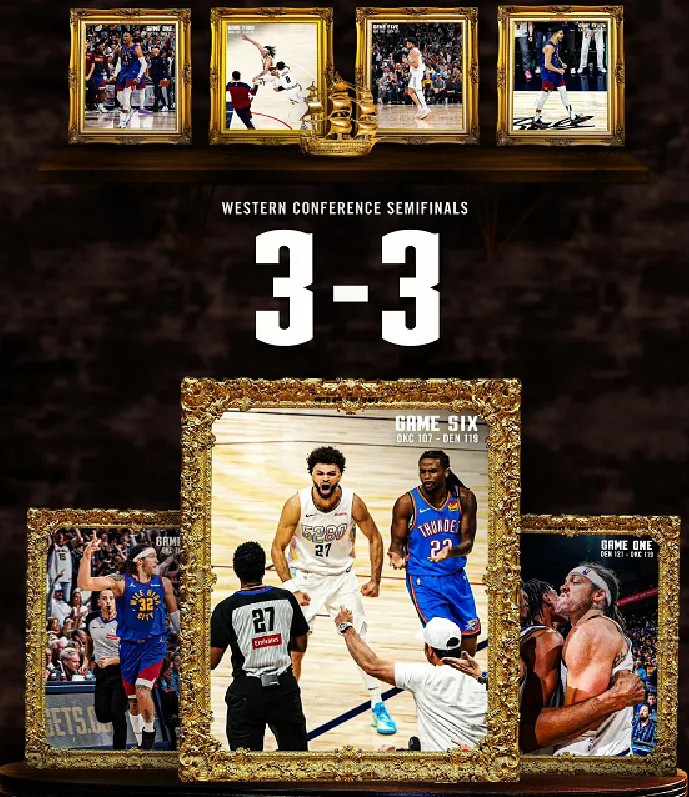
It s hanging! Gordon responds to hamstring injury! The NBA will have an epic battle

Bill is not as bad as you say. The Clippers think Bill is not good and they are comparing him with Powell.
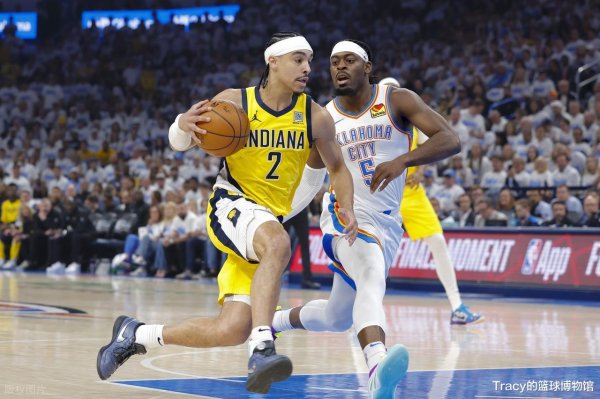
The decisive victory! Halliburton s magic reappears in the finals! A tragic reversal, Alexander scored 38+5+3
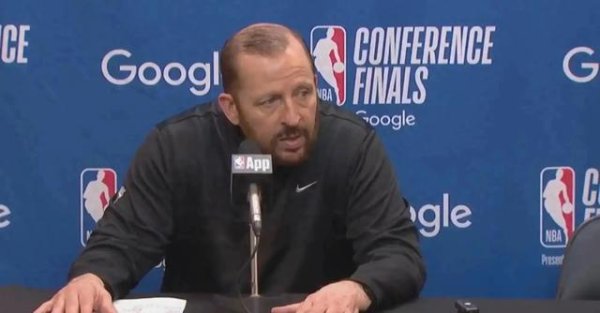
Just today! On the afternoon of May 22, the NBA Knicks received new news from Thibodeau Brunson and Towns

Annual salary is only 6 million! With three-point defense and Lakers have full scores, he can become the new Vanderbilt